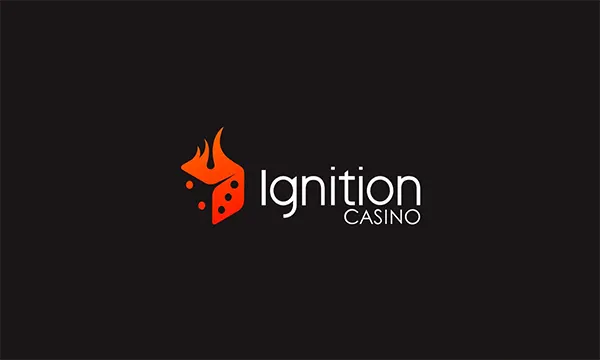
Top 5 Biggest Poker Scandals of the Last 5 Years: What We Can Learn
Poker has always had its share of drama, but the past five years have seen scandals that shook the entire industry. From cheating accusations to multi-million-dollar losses, each case has highlighted the importance of integrity, transparency, and technology in modern poker. Below, we explore the five most talked-about poker controversies from 2020 to early 2025 and what they taught the community.
Mike Postle and the Stones Live Cheating Allegations
The Mike Postle scandal erupted in 2019 but had lasting repercussions into the next five years. He was accused of receiving real-time hand information while playing on the Stones Gambling Hall’s live-streamed cash games. Poker player Veronica Brill publicly questioned his uncanny decision-making, which led to mass scrutiny from the community. Postle allegedly won at an implausibly high rate over several sessions.
The scandal led to a $10 million lawsuit by 88 plaintiffs, though it was eventually dismissed in court due to jurisdictional technicalities. Despite the dismissal, the case triggered major conversations around ethical oversight in live-stream poker and prompted operators to reevaluate their technology and security protocols.
More importantly, this controversy highlighted the power of community-driven investigations. Numerous online sleuths and YouTubers analysed footage, contributing to public awareness and helping prevent future misconduct.
Lessons from the Postle Case
This case underscored the importance of transparency in live poker productions. Technology must be both advanced and secure to prevent insider manipulation. Additionally, whistleblower protection became a relevant topic, as Brill received widespread support but also significant backlash for speaking out.
Operators began installing independent security audits and revising protocols for live games. Many platforms introduced artificial delays in live streams and limited insider access to hole card data.
It also demonstrated that the poker community—when united—can serve as an effective watchdog, holding even high-profile players accountable in the absence of legal remedies.
Robbi Jade Lew vs. Garrett Adelstein Controversy
In September 2022, Robbi Jade Lew made an unorthodox call against Garrett Adelstein during a livestreamed game on Hustler Casino Live. The hand immediately went viral, with Adelstein accusing Lew of cheating. Despite extensive internal investigations and lie detector tests, no conclusive evidence ever emerged to prove wrongdoing.
This case stirred massive debate within the poker world, splitting the community between those who believed the hand was suspicious and those who saw it as a legitimate, albeit unconventional, play. It sparked discussions around gender dynamics in poker and how female players are scrutinised differently.
The incident also had significant effects on the image of Hustler Casino Live. Despite the controversy, the show maintained its popularity, showing that poker audiences are drawn not just to skill, but also to narrative and intrigue.
Lessons from the Hustler Hand
The biggest takeaway was the need for caution before public accusations. Garrett’s decision to confront Robbi without definitive proof led to reputational damage for both parties. The community learned how quickly public opinion can spiral without solid evidence.
It also forced organisers to improve their transparency. Hustler Casino Live commissioned an independent review and released detailed reports to maintain public trust—setting a new standard for accountability in the industry.
This scandal illustrated that optics matter as much as evidence. Poker operators and players must be mindful of how situations appear to the public, especially in a livestreamed environment.

Bryn Kenney Alleged Ghosting and Collusion Ring
In 2022, high-stakes player Martin Zamani accused Bryn Kenney—then the all-time money leader—of running a collusion and ghosting ring in online tournaments. According to Zamani, Kenney would direct a group of staked players on how to play hands via private chats, influencing the outcomes unfairly.
Kenney denied any wrongdoing, but the lack of legal resolution didn’t stop the reputational damage. The poker world debated whether staking deals should be more regulated and whether coaching during live hands constitutes ghosting.
As one of the highest-profile players to be accused of such behaviour, Kenney’s case raised questions about the murky ethics surrounding online poker backing, coaching, and account sharing.
Lessons from the Kenney Accusations
This situation reinforced the need for strict definitions and regulations surrounding staking and coaching agreements. Many players operate in grey areas where ethics and rules aren’t clearly defined.
It also pushed online platforms to take firmer stances against multi-accounting and real-time assistance. Operators like GGPoker and PokerStars invested in AI tools to detect suspicious activity and increased transparency around enforcement.
Finally, it opened up discussions around the role of major operators in enforcing not just rules, but community standards. Platforms were urged to publish enforcement outcomes to build player trust.




